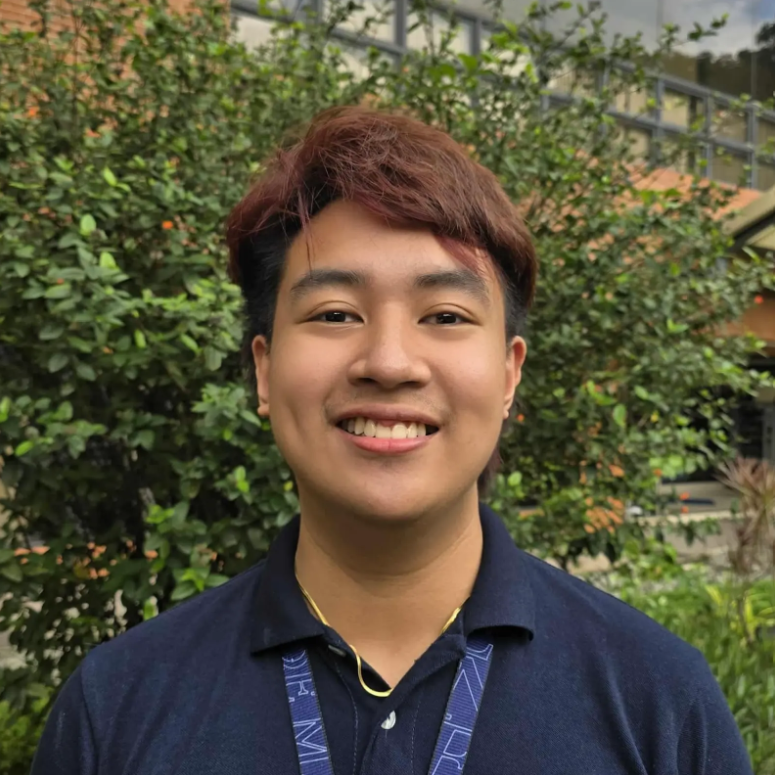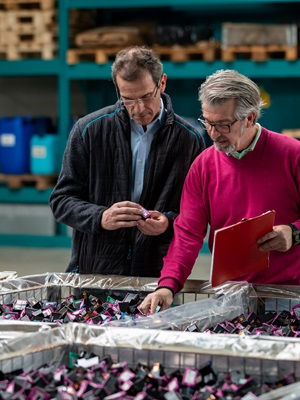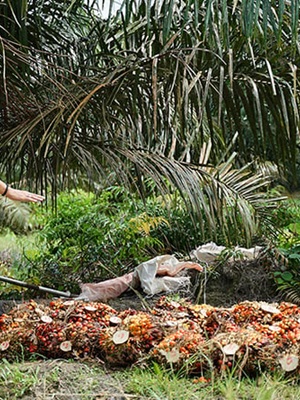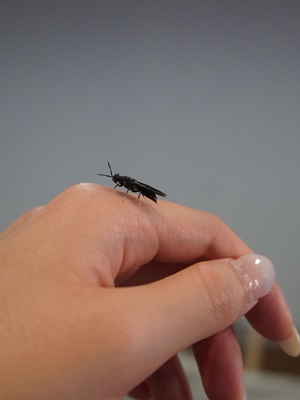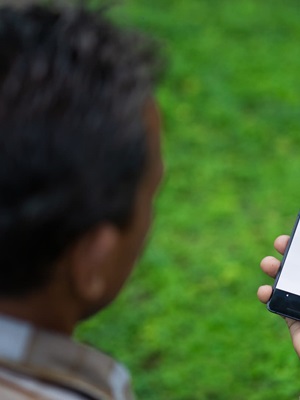I used to think the ocean would always speak.
That despite how far away from it I was, physically, emotionally, or even generationally, it would still serenade me with the same song. But something had shifted. The waves still crashed, tides still rose, but their song was different. I wasn’t listening to the ocean. I was remembering it.
It’s easy to romanticize nature when we are not the one coming home with hollow nets. But when I began to listen, beyond the postcards, beyond the tale passed hand to hand like shells smoothed by grief, I heard something else. Fish were vanishing. Coral reefs had changed from vibrant mosaics into white skeletons. What once pulsed with life now pulsed with warning.
And I, like countless others, had learned to look away. Not because we didn’t care, but because caring had started to seem pointless.
The climate emergency had felt too vast, too slow, too late. How does one protest acidified oceans or whisper warnings into rising tides? What voice can match a drowning shore?
And then I learned of the bio-sentinels — mussels, corals, plankton — acting as living sensors that translate ocean distress into signals we can see and measure. They glow, pulse, slow, or stop. They do not use language, but they speak. They are the ocean’s silent scream.
What moved me most was not the innovation, but the intimacy. This was not science that sought to conquer nature, but one that collaborates with it. In the Philippines, a nation of more than 7,000 islands bound by water and memory, this wasn’t just a discovery. It felt like a return. A homecoming.
For millions of coastal Filipinos, marine ecosystems are more than environments; they are inheritance, dignity, and survival. But today, fishers return from long nights at sea with nearly empty pails. In Leyte, bangus fish that once filled baskets in hours now take days to find. In Zamboanga and Samar, brackish warming waters confuse fish behavior and breeding. In Mindoro’s agro-fisheries, people are cornered on both sides: drought on land, salinated shores on seas.
Here, water insecurity means more than thirst. It means loss: of catch, of income, of tradition, and of trust in nature’s rhythms. Young people leave the coasts because the sea no longer gives. With them go generations of knowledge, in songs, methods, or stories that once taught us how to live with the ocean, not against it.
This is where bio-sentinels become more than scientific marvels. They are translators. From the glow of a coral to the flicker of a mussel’s electric current, they are warning lights in a language older than ours. One that asks us not for credentials, but for attention, memory, and care.
This isn’t just a technical correction. It’s an ethical one. A spiritual one. It demands that we reject the illusion of separation: that humans can live apart from the seas that shaped our history and sustain our breath. Because climate change is not merely an ecological catastrophe. It is a failure to listen.
Bio-sentinels remind us that the ocean is not mute — it is multilingual. It speaks in pulses and colors, silences and shifts. It has been sounding the alarm. The real question is: are we finally willing to hear it?
I want to learn this language. I want our communities to speak it with fluency, with urgency, with hope. When we begin to listen, to the sudden quiet of reefs, to the flickering signs beneath the tide, we begin to understand that this crisis is not abstract. It is for sustainability and our integral ecology. It is already here, washing against our coastlines, rising through our wells, retreating from our nets.
The ocean doesn’t need to speak every language. It only needs us to remember how to listen. Because if we dismiss the S.O.S. of these silent speakers, we will not only lose fish or coral.
If the ocean speaks and we fail to hear it, we lose more than fish. We lose the future.
Posted 04/09/2025



